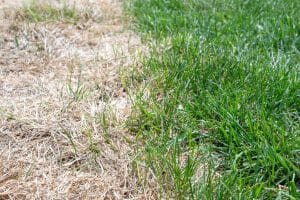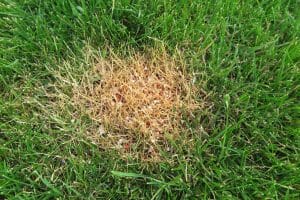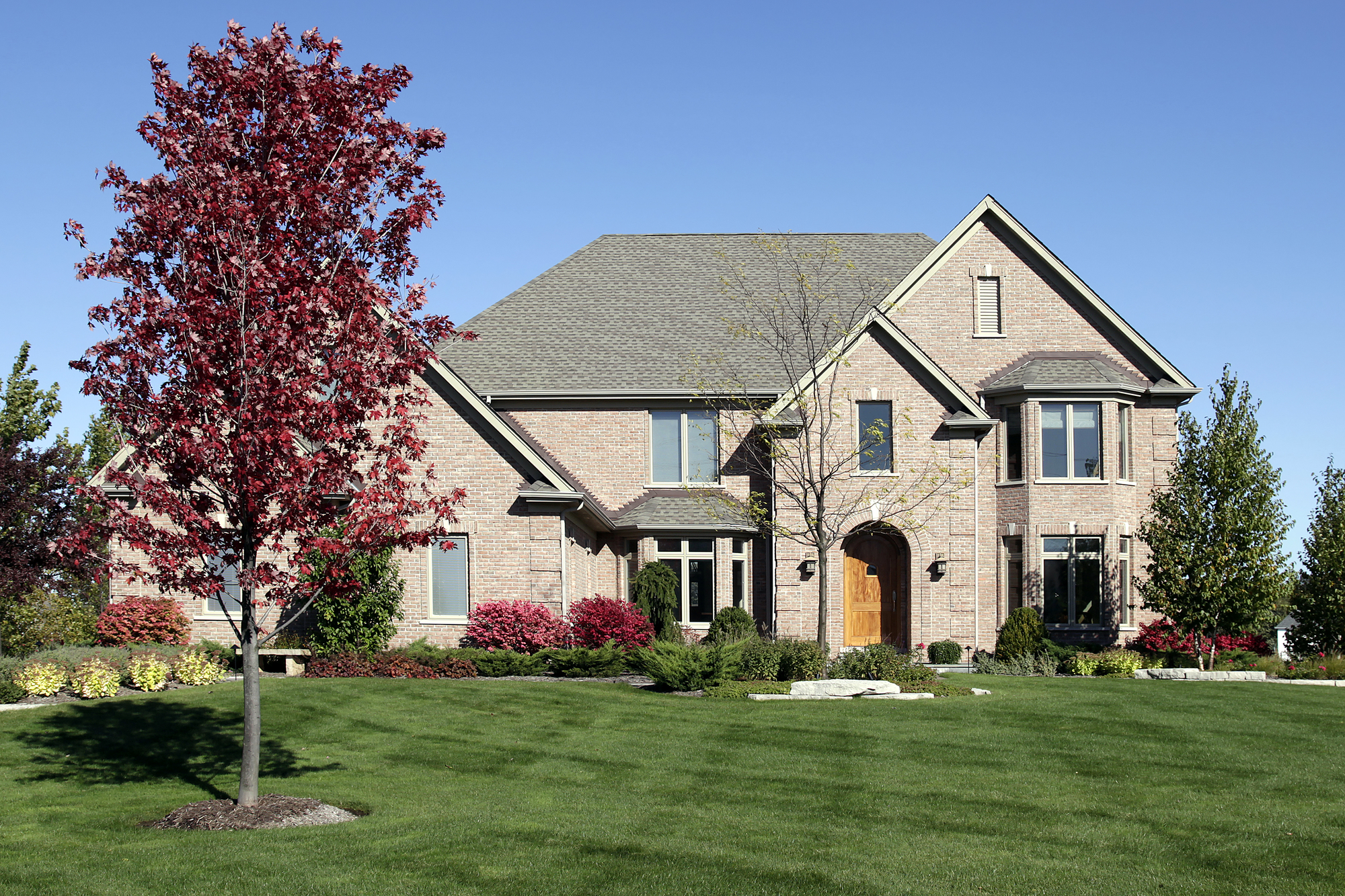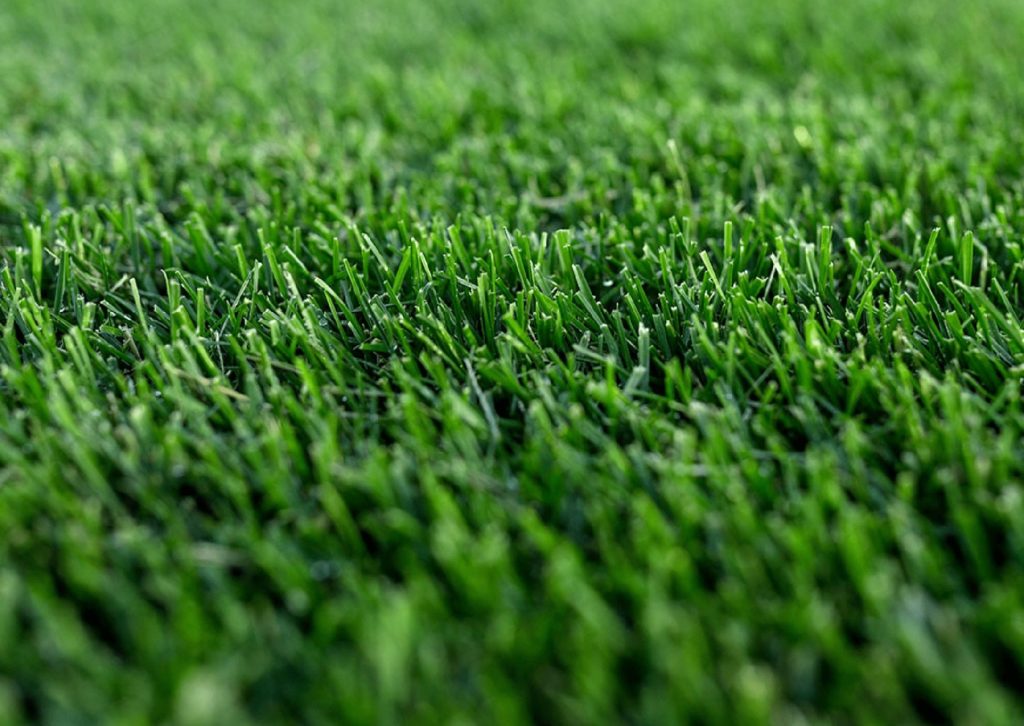
Organic vs Synthetic Fertilizer
It is no secret that every landscape requires nutrients to survive. Whether it be turf, trees, or shrubs, your plant material needs to be fed to grow. The most common method that homeowners and landscapers use to get nutrients directly to the roots of their plants is fertilization. Most lawn fertilizers contain some combination of nitrogen, phosphorus, and potassium, each of which plays an important role in growth. However, lawn fertilizers come in two different varieties. The most common form is synthetic fertilizer, but organic fertilizers are an overlooked option. At Higher Ground, we set ourselves apart by using high-quality organic fertilizers, which are better for the environment and the long-term health of your lawn. Today we will compare organic vs synthetic fertilizer options, and spoiler alert, organic fertilizer is the way to go.
Pros of Synthetic Fertilizer
We would not be doing our due diligence if we did not present you with the reasons why so many people use synthetic fertilizers. They are fast-acting with a carefully formulated level of nutrients (NPK) that can give your lawn a more immediate boost. The application might be a little easier for larger areas, and you are sure to see the benefits soon after applying. These are the primary benefits, which culminate in them being easier to understand and use.


Cons of Synthetic Fertilizer
Yeah, you knew this section was coming. The larger issues with synthetic fertilizers lie in the fact that they are, well, synthetic. Because they are derived from chemically processed components, you risk the buildup of toxic chemicals in your lawn. One common problem is fertilizer burn, which occurs when excess nitrogen prohibits cellular respiration from occurring within your turf blades. Additionally, as synthetic fertilizer is quick-acting, the benefit is gone as soon as it comes. This means you need more applications over a shorter period of time, which leads to the potential for the aforementioned issues. Using too much synthetic fertilizer can actually teach your roots bad habits, as their roots do not have to be deeply established to acquire nutrients.

Pros of Organic Fertilizer
On to our preference at Higher Ground, we use organic fertilizer for a variety of reasons. Organic fertilizer is infinitely more sustainable, composed of humates, yucca, seaweed kelp, and even Bat Guano. These microorganisms keep your natural soil biology intact and allow your lawn to feed over time rather than all at once. It also improves the ability of your soil to uptake water, which is important with our hard clay soil in Texas. You can also apply a greater quantity of organic fertilizer without the worry of damage, as you are simply enlarging the pool of organic nutrients. You do not have to worry about any chemical buildup or safety for children and pests. Compost is also combined with the fertilizer, knocking another to do off your checklist.
Cons of Organic Fertilizer
The only downside of organic fertilizer is that it may take longer to see results. However, this is a worthwhile tradeoff as your lawn will be healthier long term. As your organic fertilizer decomposes over time, more and more soil organisms are added to the mix, which means more bang for your buck.
Higher Ground Lawn Care and Lighting are ready to take your property to a higher level. Experience why your neighbors and businesses in University Park, TX & surrounding areas choose Higher Ground Lawn Care & Lighting to bring their property to the next level. Give us a call at (682) 206-3596 or check out our website today.
Ready to get started?


